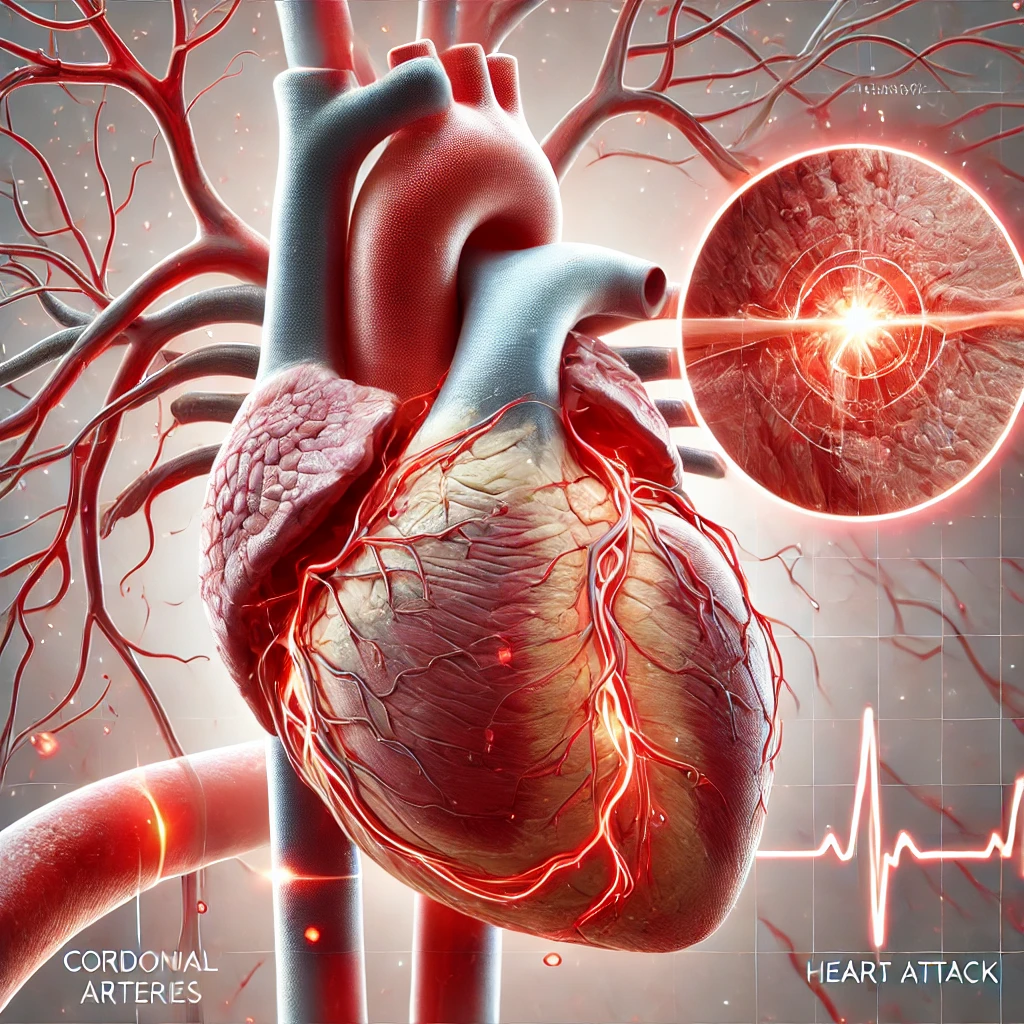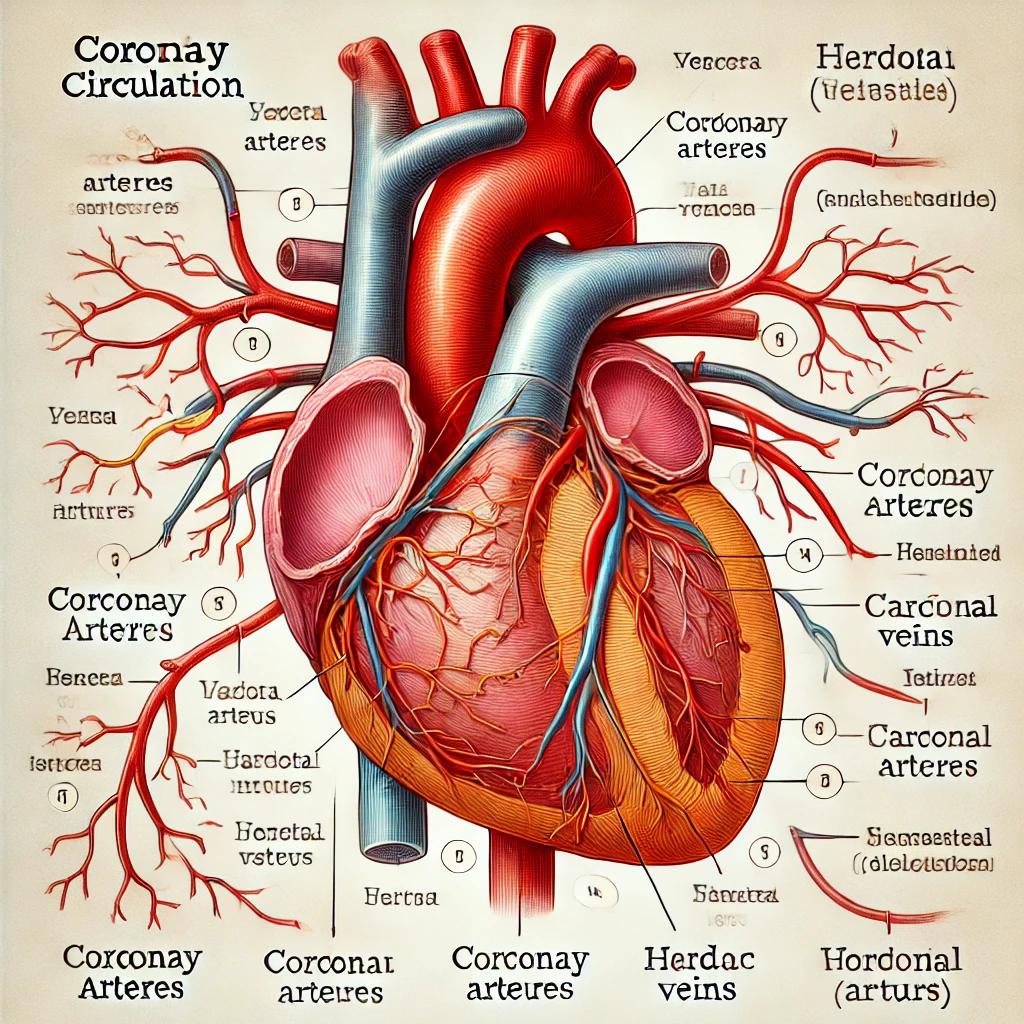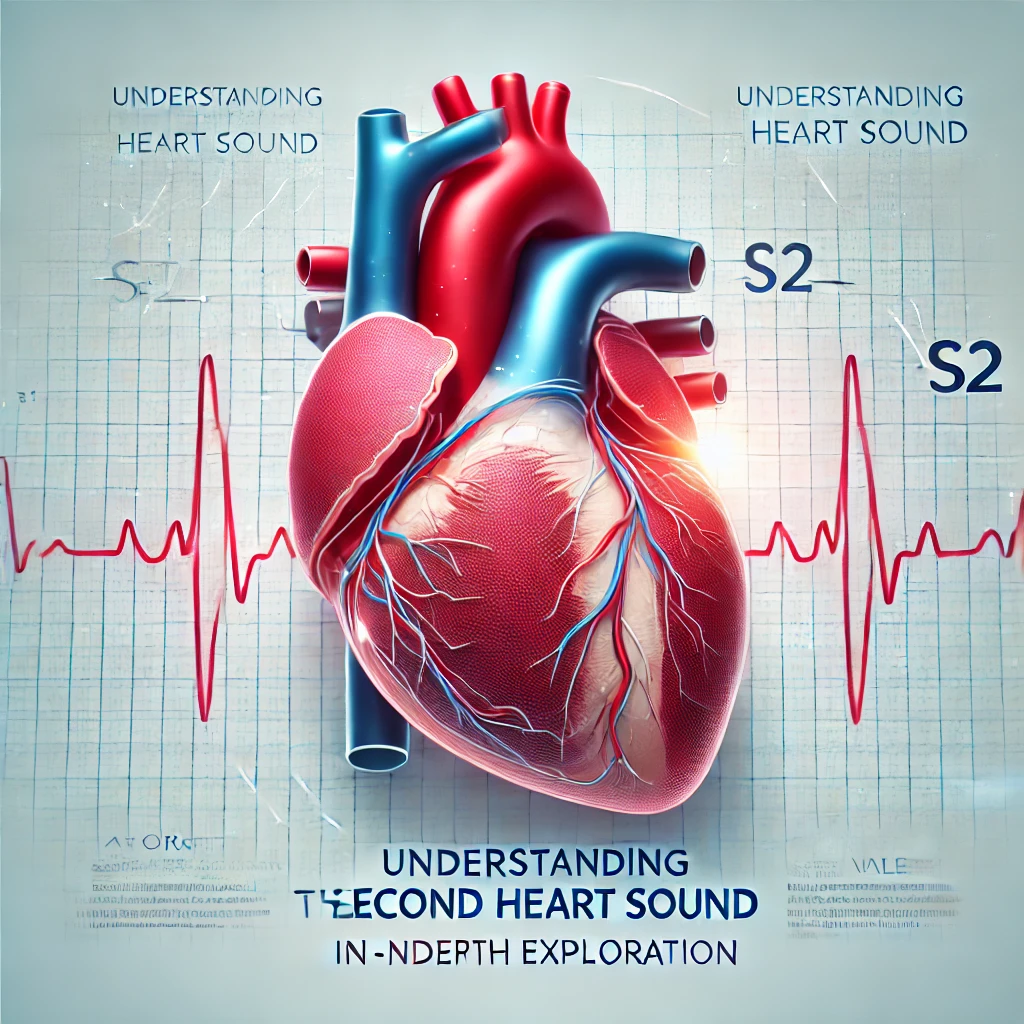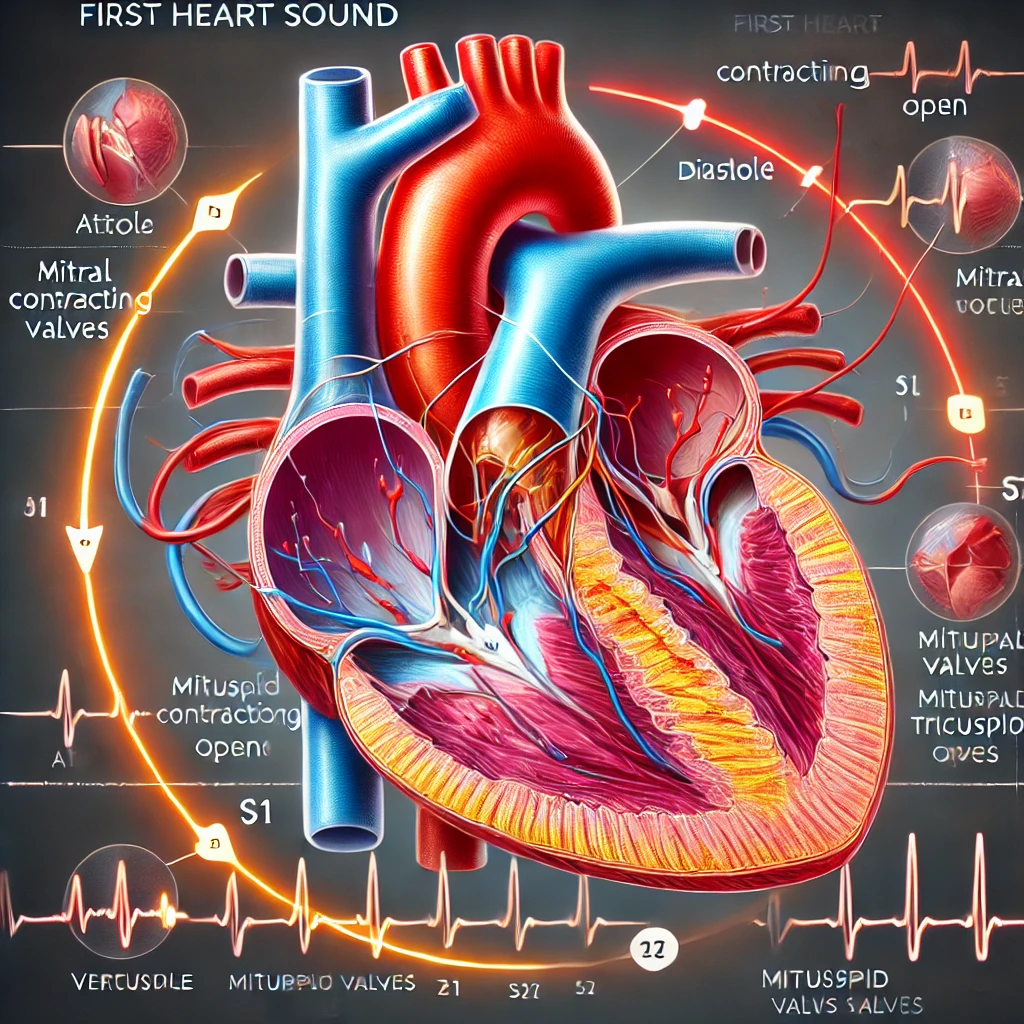
I. Introduction to Creatinine and Creatine
When it comes to understanding the intricacies of our bodies, the terms Creatine vs Creatinine often lead to confusion due to their similar-sounding names. However, they each have distinct bodily functions, so understanding the difference is essential. This article will provide an in-depth look at these two compounds, their bodily roles, and their health implications.
II. Understanding Creatine
A. What is Creatine?
Creatine is a naturally occurring amino acid-like compound primarily stored in the skeletal muscles. Its production mainly occurs in the liver, kidneys, and pancreas from three amino acids—arginine, glycine, and methionine. Moreover, we also obtain creatine from dietary sources like red meat and seafood.
B. Functions of Creatine
Creatine is indispensable in energy production, particularly during high-intensity exercise or heavy weightlifting. It is converted into phosphocreatine, reserved for high-energy phosphates that can be quickly used to generate adenosine triphosphate (ATP), our body’s primary energy currency. Creatine supplementation is widely used among athletes and bodybuilders to increase strength and muscle mass, enhance performance, and accelerate muscle recovery.
III. Understanding Creatinine
A. What is Creatinine?
Creatinine is a waste product derived from the normal wear and tear of muscle tissue and creatine metabolismUnlike creatine, it doesn’t serve a direct function in the body; instead, it’s removed from the body by the kidneys.
B. Functions of Creatinine
Creatinine levels in the blood and urine are a reliable indicator of kidney function. A steady level of creatinine production and removal from the body should be maintained. High blood creatinine levels may signal impaired kidney function or disease, requiring medical attention.
IV. Differences Between Creatine and Creatinine
A. Production Process
Creatine and creatinine are part of the body’s energy production process, albeit with different roles. Creatine contributes to ATP formation, while creatinine is a byproduct of creatine and phosphocreatine breakdown.
B. Role in the Body
Creatine is proactive in providing energy to the body, particularly the muscles. It acts like a reserve power source, kicking in when the body requires high-intensity, short-duration energy. On the other hand, creatinine acts more like a biomarker that helps assess kidney function. It’s like a gauge that reads the efficiency of our body’s filtration system.
C. Health Implications
High creatinine levels might indicate kidney dysfunction, such as acute or chronic kidney disease. On the other hand, low creatine levels could result in symptoms like fatigue, muscle weakness, or cognitive problems. Therefore, it’s essential to maintain a balance between the two.
V. Importance of Balance Between Creatine and Creatinine
A. Impact on Kidney Function
Maintaining a balance between creatine and creatinine is crucial for overall kidney health. Kidneys filter creatinine and other waste products from the blood, ensuring their timely excretion through urine. If creatinine levels become too high, it could suggest impaired kidney function, warranting further investigation.
B. Measurement and Interpretation
Blood tests or urinalysis can measure creatinine levels to gauge kidney function. Similarly, muscle biopsies can assess creatine levels in muscle tissues. The interpretation of these results is best left to medical professionals, who can correlate them with other diagnostic information for a comprehensive view of an individual’s health.
C. Lifestyle Factors
Lifestyle factors, including diet, exercise, hydration, and overall health, can influence creatine and creatinine levels. Regular exercise and a balanced diet rich in creatine sources can enhance muscle creatine levels. Staying well-hydrated and managing underlying health conditions can support optimal kidney function and help maintain healthy creatinine levels.
VI. Conclusion
In conclusion, while creatinine and creatine may sound alike, they have significantly different roles within the body. Creatine is a crucial energy source, particularly during high-intensity activities, while creatinine, a waste product, provides insight into our kidney health when measured. Thus, understanding their differences and the importance of their balance is crucial for maintaining overall health.
My Other Articles:
Creatine and creatinine are crucial but distinct compounds in the body. Creatine fuels energy, while creatinine reflects kidney function. Balance is key. High creatinine may signal kidney issues, while low creatine can lead to fatigue. Maintain a healthy equilibrium for overall well-being. Learn more about creatinine normal range and best creatine sources for muscle tissue function and kidney health.
Disclaimer: The information contained in this article is intended for educational purposes only and is not a substitute for professional medical advice. Always consult your healthcare provider before deciding about your health or changing your diet or exercise routine. The outbound links provided are for reference purposes, and the content found by following these links is not controlled or endorsed by us. We are not responsible for the content of external websites.




